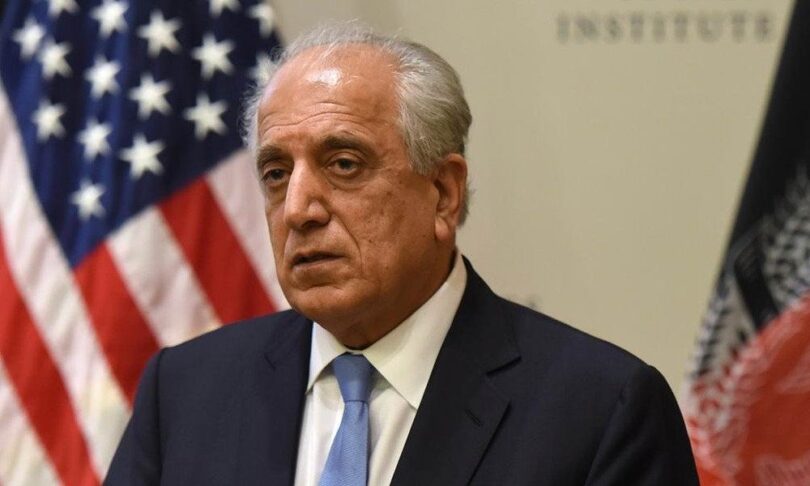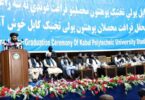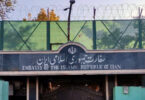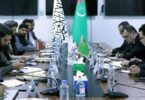KABUL (Khaama Press): Zalmay Khalilzad, the former US special envoy for Afghanistan reconciliation, said on Wednesday that Iranian leaders must not threaten Afghanistan over water rights.
Khalilzad said on Twitter, “Taliban authorities are being surprisingly restrained and statesmanlike over the issue. They acknowledged the treaty while arguing that the lower amount of water is due to drought and climate change.”
He also said that the Taliban authorities had acknowledged the 1973 water treaty and that the lower amount of water is due to drought and climate change.
“They have expressed sympathy for the difficulties and water shortage places on civilians in Iran in Iran while pointing out that their civilians are experiencing the same,” he twitted. He also proposed recommendations for both sides while saying both countries remain committed to the 1973 treaty; they should follow the remedies envisaged in the treaty itself for circumstances of disagreement, and the two countries should:
- Try bilateral diplomatic engagement to find a solution 2. Make use of the good offices of a third party. 3 if neither step works, the issue should be submitted to arbitration. He argues that none of these has been tried yet and urged that “the Iranian regime must stop Saber rattling.”
Recently, Iranian officials reiterated Iran’s water rights over the Helmand River and said that the country is to make some crucial decisions to protect its water rights from the Helmand River in Afghanistan. “Some important decisions will be made in the meeting on how to solve the water problem in the east of the country,” said Ali Akber Mehrabian, Iran’s energy minister.
The interim regime in Kabul responded to the Iranian officials that the “water agreement between the two neighbouring countries was signed half a century ago in 1973 and is still valid, and we are committed to implementing its obligations.”
According to the agreement of 1973, Afghanistan committed to delivering an average of 820 million cubic meters of water to Iran annually.







